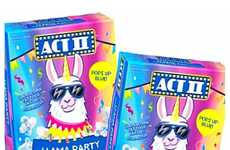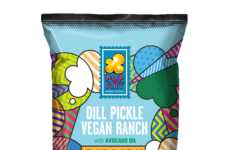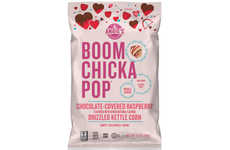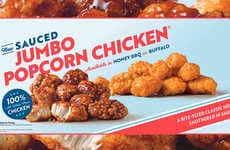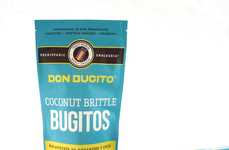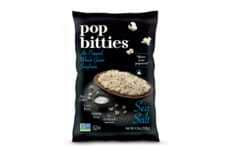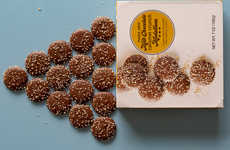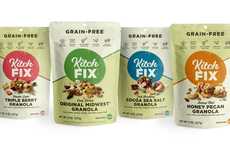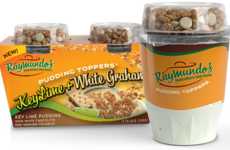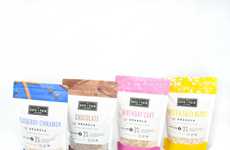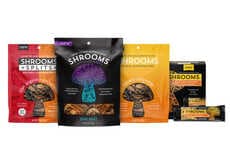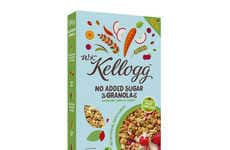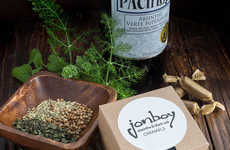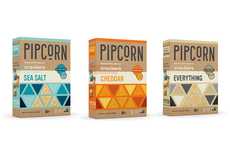

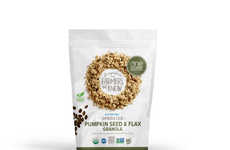

Brands are using heirloom ingredients to create better-for-you snacking options
Trend - Heirloom produce—or produce that hasn't been genetically modified or crossbred with any other varieties for several generations—offers an enriching flavor and nutrition profile. Snacking brands are embracing such ingredients in their products, ultimately diversifying the healthy options on the shelf.
Insight - As a result of the contemporary movement for wellness in everyday lifestyles, conscientious consumers are placing emphasis on clean eating—both during main meals and when on-the-go. In this space, many are increasingly turning to traditional options, as they associate heritage with things like non-processed, nutritious, and local. When taking care of their daily bodily intake, individuals tend to feel happier, more energetic and even more productive.
Insight - As a result of the contemporary movement for wellness in everyday lifestyles, conscientious consumers are placing emphasis on clean eating—both during main meals and when on-the-go. In this space, many are increasingly turning to traditional options, as they associate heritage with things like non-processed, nutritious, and local. When taking care of their daily bodily intake, individuals tend to feel happier, more energetic and even more productive.
Workshop Question - How can your brand increase its authenticity by appealing to heritage?
Trend Themes
1. Heirloom Ingredients - Use of heirloom ingredients in snacks is a trend and it provides better taste and nutrition profile.
2. Clean Eating - Growing interest in clean and healthy eating has led brands to use non-processed, nutritious, and local ingredients.
3. Upcycling - Brands are using leftover ingredients to create new products and minimize waste in the food industry.
Industry Implications
1. Snacking Industry - Heirloom ingredients and unique flavor combinations are disrupting the snacking industry.
2. Organic and Sustainable Food Industry - Brands with a commitment to clean, organic, and transparent food are disrupting the food industry.
3. Waste Management Industry - Creating new products from leftover ingredients and minimizing food waste can disrupt the waste management industry.
